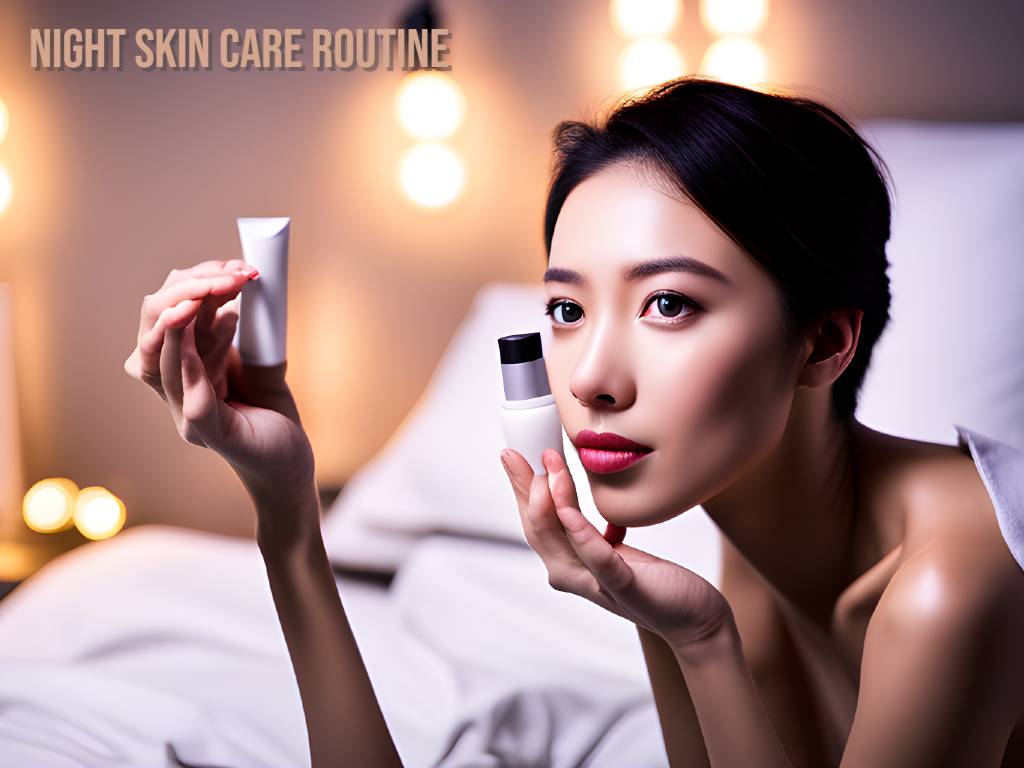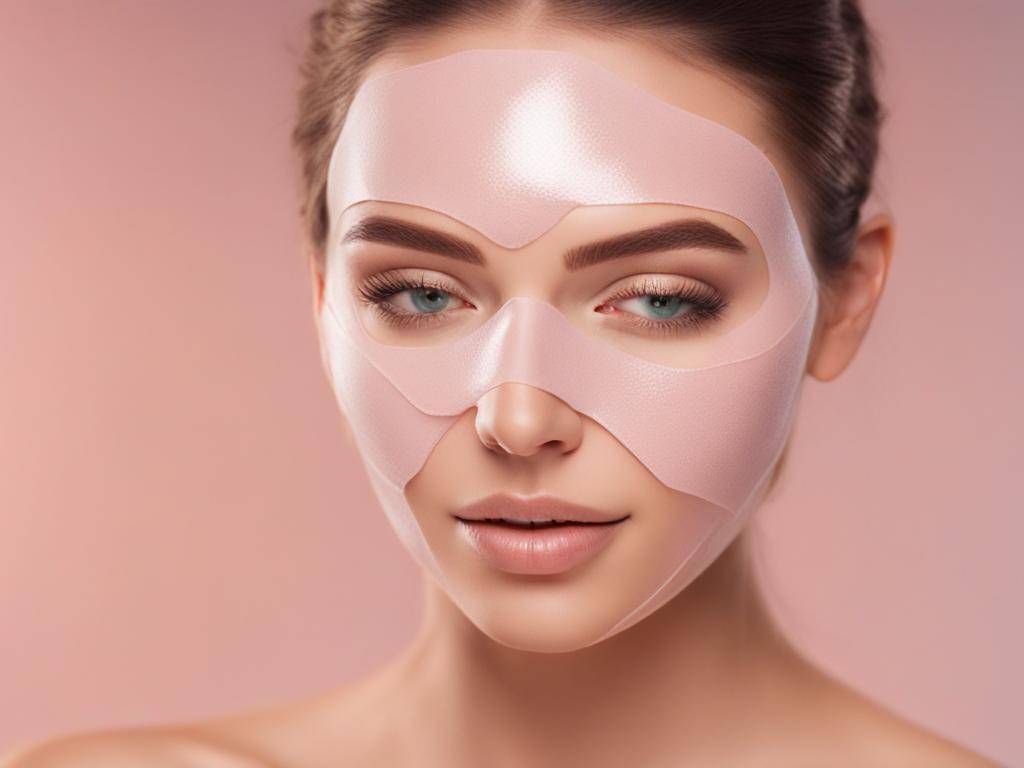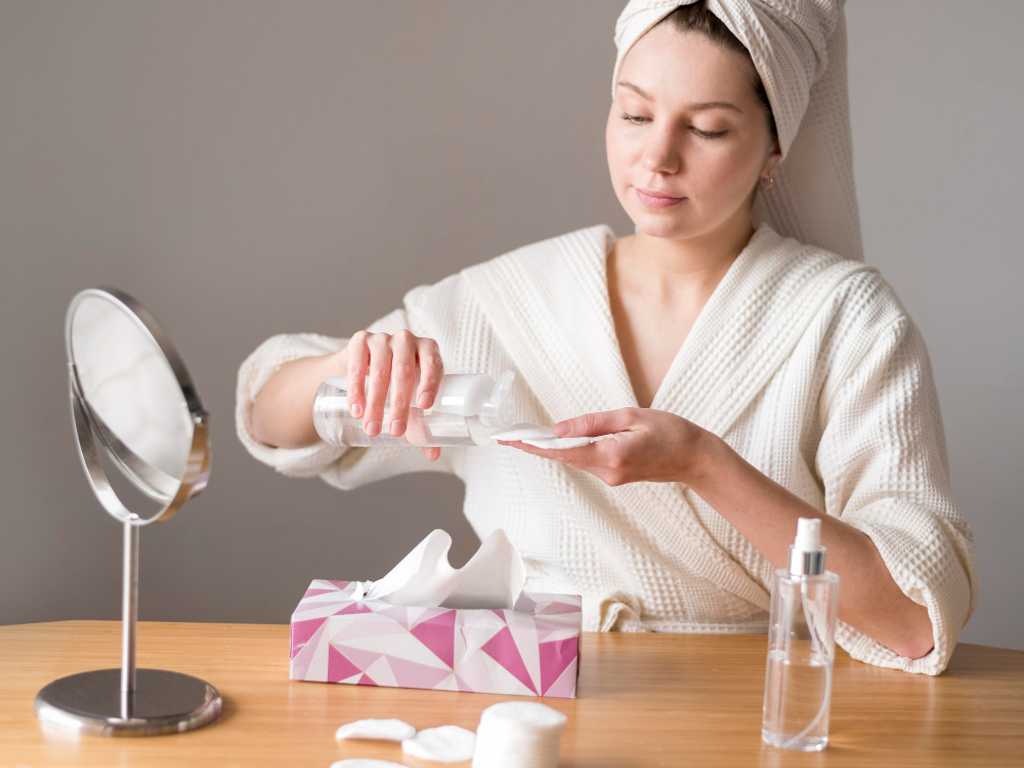The Best Face Masks for Skin Care: A Comprehensive Guide

Welcome to our comprehensive guide on the best face masks for skin care! If you’re looking to give your skin a little extra love and attention, then you’ve come to the right place. Face masks are a fantastic way to pamper yourself while targeting specific skincare concerns. From hydrating and brightening to purifying and rejuvenating, there’s a mask out there for everyone.
In this blog post, we’ll explore different types of face masks, including DIY options that you can easily whip up at home. We’ll also cover how to use a face mask effectively when it’s best to incorporate one into your skincare routine, and the amazing benefits they bring. So get ready to discover your new favorite self-care ritual as we dive into the world of face masks for radiant and healthy-looking skin!
Different Types of Face Masks

When it comes to face masks, there are endless options available to cater to every skin type and concern. Let’s explore some of the different types of face masks that you can incorporate into your skincare routine.
1. Sheet Masks: These popular Korean beauty inventions are typically made from a thin sheet soaked in a serum or essence. They come in various formulations, such as hydrating, brightening, and firming. Simply unfold the mask and place it on your face for a quick and refreshing treatment.
2. Clay Masks: Perfect for oily or acne-prone skin, clay masks work by drawing out impurities and excess oil from the pores. They help minimize breakouts while leaving your skin feeling clean and refreshed.
3. Gel Masks: Ideal for soothing irritated or sensitive skin, gel masks provide hydration while cooling down inflammation. They often contain ingredients like aloe vera or cucumber extract to calm redness and promote healing.
4. Cream Masks: If you have dry or mature skin, cream masks are your go-to option for intense hydration and nourishment. These rich formulas penetrate deep into the skin to replenish moisture levels and restore suppleness.
5. Exfoliating Masks: Designed to slough away dead skin cells, exfoliating masks unclog pores, refine texture, and reveal a smoother-looking complexion underneath.
With so many types of face masks available today, it’s easy to find one that suits your specific needs! Experiment with different varieties until you discover the perfect mask that leaves your skin looking radiant and rejuvenated.
DIY Face Masks
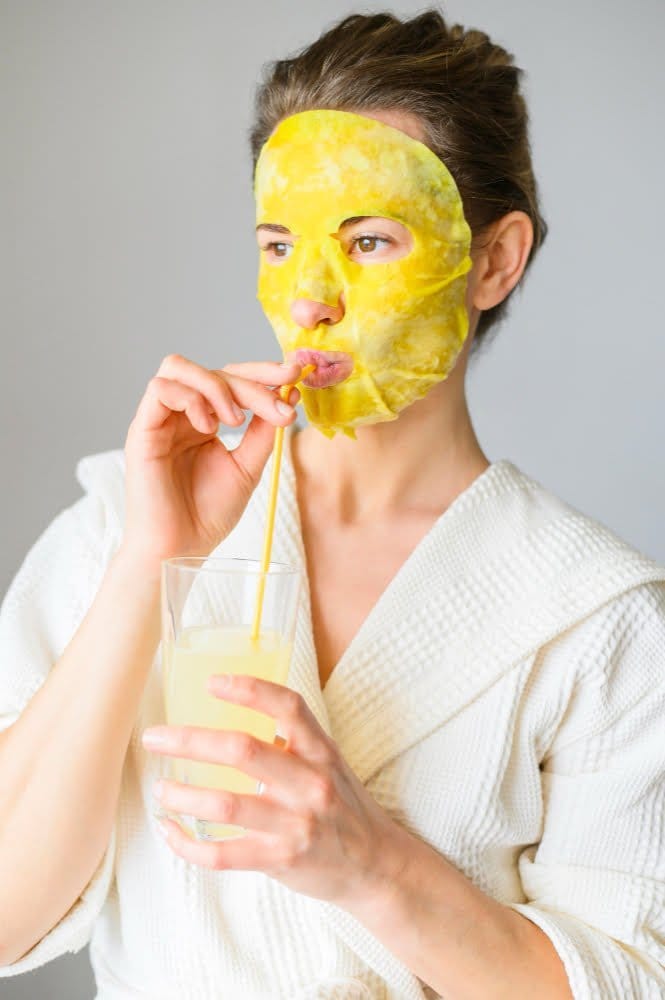
DIY Face Masks: Get Creative with Your Skincare Routine!
Looking for a fun and cost-effective way to pamper your skin? Look no further than DIY face masks! These homemade concoctions are not only easy to make, but they also allow you to customize the ingredients based on your skin’s specific needs. Plus, it’s always satisfying to know exactly what you’re putting on your face.
One popular DIY face mask is the classic honey and oatmeal mask. Simply mix together equal parts honey and finely ground oats, apply it to your face, and let it sit for about 15 minutes before rinsing off. This mask works wonders for soothing irritated or sensitive skin.
If you’re dealing with oily or acne-prone skin, a clay-based mask might be just what you need. Bentonite clay is known for its detoxifying properties and can help draw out impurities from deep within the pores. Mix the clay powder with water or apple cider vinegar until it forms a paste-like consistency, then apply evenly onto your cleansed face.
Looking to brighten dull skin? Try a citrusy delight by mixing fresh lemon juice with yogurt and turmeric powder. Lemon juice contains natural exfoliating acids that can help slough away dead skin cells while yogurt provides hydration and probiotics for healthy-looking skin.
Of course, there are countless other DIY face masks out there waiting for you to discover them! From avocado masks packed with healthy fats to green tea masks rich in antioxidants – the possibilities are endless when it comes to creating personalized skin care treatments at home.
Remember though, despite their benefits, DIY face masks may not suit everyone’s skin type or concerns. It’s always wise to patch-test new ingredients first before applying them all over your face. If in doubt, consult with a dermatologist or skincare professional who can offer guidance tailored specifically to your unique needs.
How to Use a Face Mask
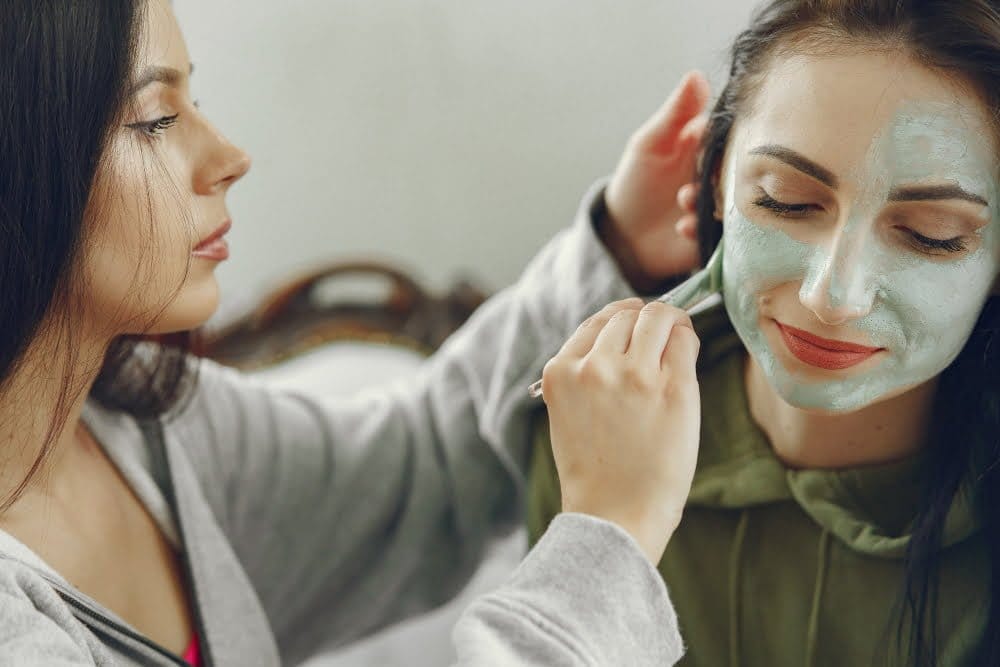
A face mask is an important element in any skincare program. But do you know how to use one correctly? Here’s a simple guide on how to use a face mask effectively for maximum benefits.
First, start with clean skin. Remove any makeup and thoroughly cleanse your face. This will ensure that the mask can penetrate deep into your pores and work its magic.
Next, apply the mask evenly over your face using clean fingers or a brush. Be sure to avoid the delicate eye area and lips. If you’re using a sheet mask, carefully unfold it and press it onto your face, smoothing out any wrinkles or air bubbles.
Once applied, leave the mask on for the recommended amount of time specified by the product instructions. This can vary from 10 minutes to 30 minutes depending on the type of mask.
While waiting, take this opportunity to relax and unwind. Listen to soothing music or read a book while letting the ingredients in the mask work their wonders on your skin.
Afterward, gently remove the mask by peeling it off or rinsing it off with lukewarm water if it’s a wash-off type of mask. Pat your skin dry with a gentle cloth.
Follow up with your regular skincare routine – toner, serum, moisturizer – to lock in all that goodness from the face mask.
Remember, consistency is key when it comes to seeing results from using face masks regularly. Incorporate them into your skincare routine at least once or twice a week for glowing and healthy-looking skin!
Now that you know how to use a face mask properly let’s dive into when exactly you should be using one!
When to Use a Face Mask
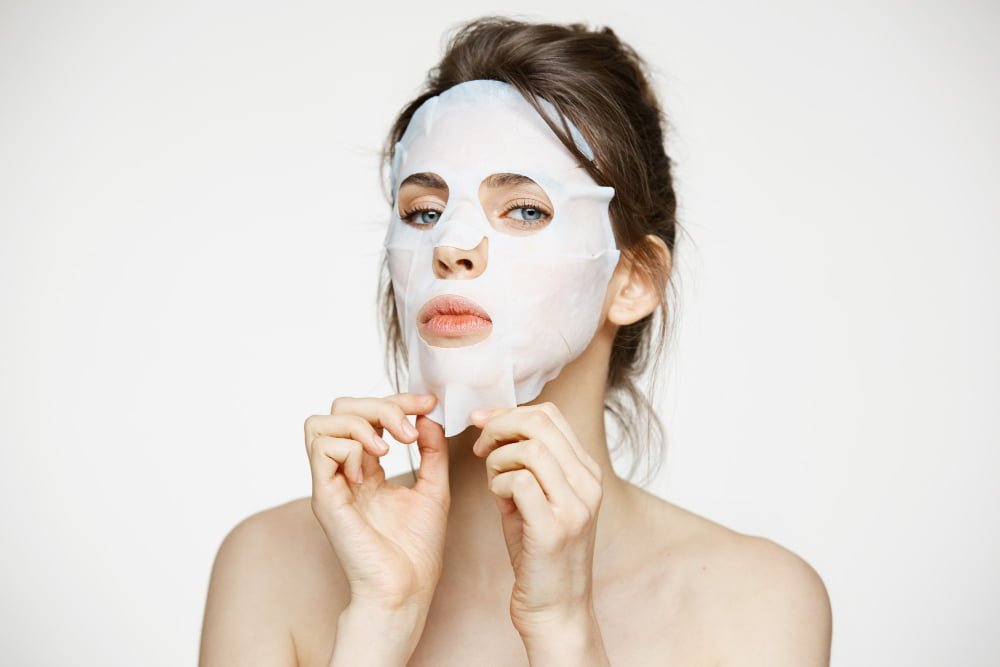
When to Use a Face Mask
Using a face mask is an essential part of any skincare routine. But when exactly should you use one? Well, the answer depends on your specific skin concerns and needs.
First and foremost, using a face mask can be beneficial if you want to deeply cleanse your pores and remove impurities from your skin. If you notice that your skin feels congested or looks dull, it might be time for a mask session!
Another great time to use a face mask is when you want to hydrate and nourish your skin. Dry or dehydrated skin can greatly benefit from masks that are formulated with moisturizing ingredients like hyaluronic acid or shea butter. So, if your complexion is feeling tight and parched, reach for a hydrating mask.
If you’re dealing with acne-prone or oily skin, incorporating a face mask into your routine can also work wonders. Look for masks that contain ingredients like salicylic acid or clay, as these help absorb excess oil and unclog pores.
Don’t forget about using masks as a form of self-care! Taking some time out of your busy schedule to relax with a sheet mask or indulge in the soothing properties of a gel mask can do wonders for both your physical and mental well-being.
Remember – there’s no one-size-fits-all approach when it comes to using face masks. Listen to what your skin needs at different times and adjust accordingly!
Benefits of Face Masks
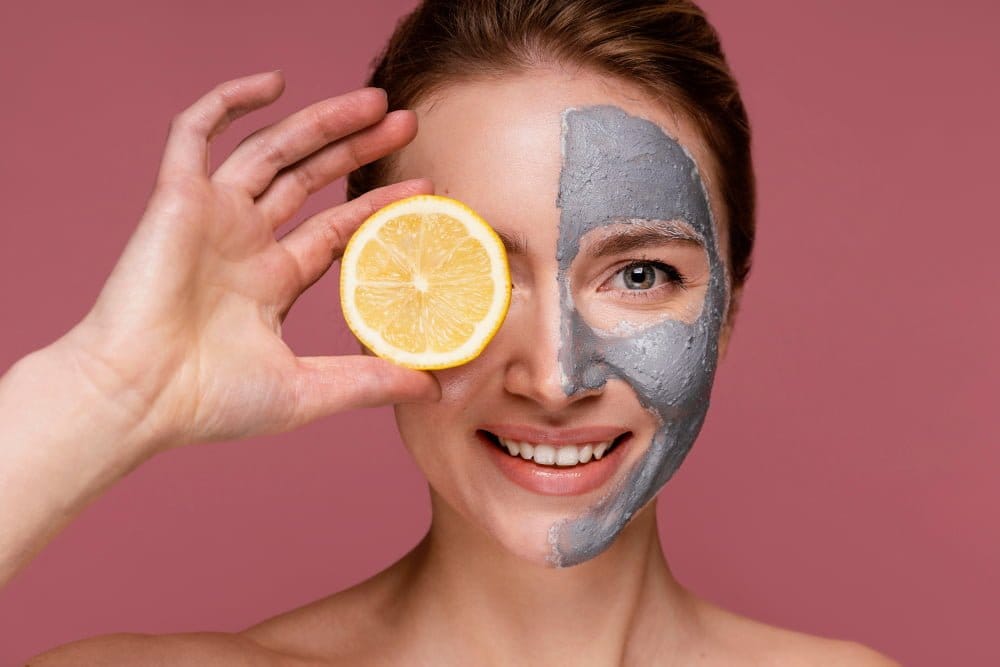
Benefits of Face Masks
Face masks offer a wide range of benefits for your skin, making them an essential part of any skincare routine. Whether you have dry, oily, or combination skin, there is a face mask out there to address your specific concerns.
One of the main advantages of using a face mask is that it helps to deeply cleanse and purify your skin. By removing impurities such as dirt, oil, and dead cells from the surface of your skin, face masks can help to unclog pores and prevent breakouts.
Another benefit of using face masks is their ability to hydrate and moisturize the skin. Many face masks are formulated with ingredients like hyaluronic acid and glycerin that work to replenish moisture levels in the skin, leaving it feeling soft and supple.
Face masks also provide a boost of nutrients to the skin. They are often enriched with vitamins, antioxidants, or natural extracts that nourish and rejuvenate the complexion. These ingredients can help to brighten dull-looking skin and improve its overall texture.
In addition to these benefits, regular use of face masks can promote better absorption of other skincare products. By removing dead cells from the surface layer of your skin through exfoliation or deep cleansing properties found in certain types of face masks,
Using a facial mask once or twice a week can bring noticeable improvements in your complexion over time. So whether you’re looking for clearer pores or softer-looking skin,
Incorporating a high-quality face mask into your skincare routine is definitely worth considering!
Tips for Using Face Masks
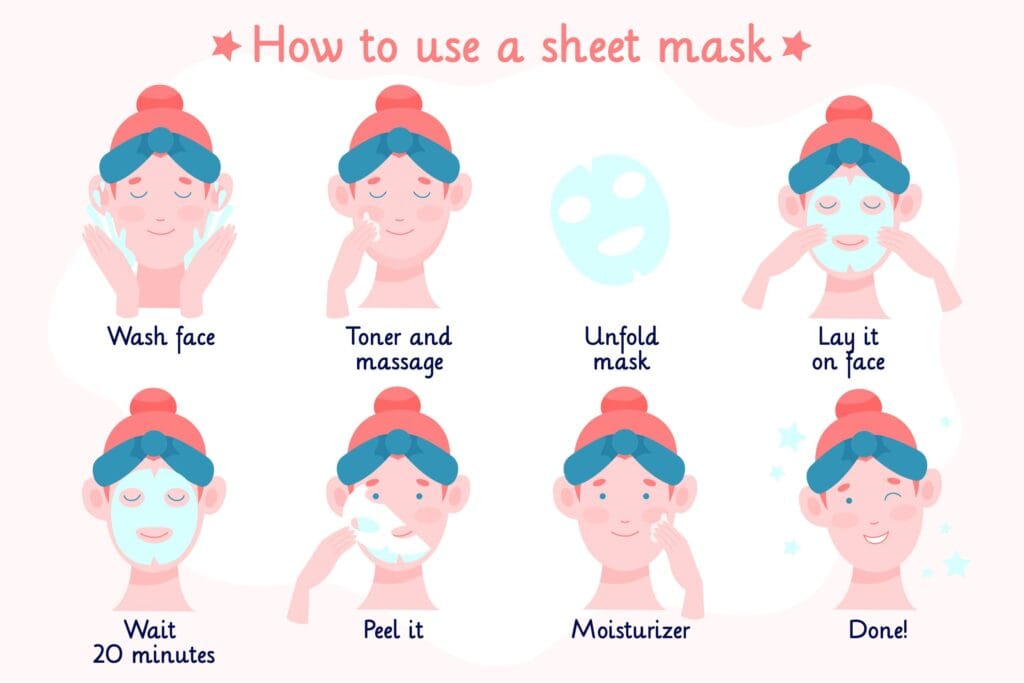
Tips for Using Face Masks
Using face masks can be a fantastic addition to your skincare routine, but it’s essential to use them correctly. Here are some tips to ensure you get the most out of your face mask experience:
1. Cleanse and exfoliate: Before applying a face mask, cleanse your skin thoroughly to remove any dirt or makeup. Exfoliating beforehand can also help remove dead skin cells and allow the mask to penetrate deeply.
2. Choose the right mask for your skin type: Consider your specific skincare concerns when selecting a face mask. Whether you have oily, dry, or sensitive skin, there is an array of masks designed to address different issues.
3. Follow instructions carefully: Always read and follow the instructions provided with the face mask product. Pay attention to recommended application time and frequency of use for optimal results.
4. Apply evenly: Use clean fingers or a brush applicator to apply the mask evenly across your face, avoiding sensitive areas such as eyes and lips.
5. Relax during treatment: Take this opportunity to relax while waiting for the mask to do its magic! Find a quiet space where you won’t be disturbed and indulge in some self-care by listening to soothing music or practicing deep breathing exercises.
6. Remove gently: When it’s time to remove the mask, avoid tugging at your skin forcefully; instead, gently wash it off with lukewarm water using circular motions.
7. Moisturize afterward: After rinsing off the facial mask residue, apply moisturizer generously to lock in hydration and further nourish your skin.
8. Frequency matters: While using face masks can provide instant benefits, overdoing them may lead to irritation or dryness depending on their ingredients’ potency. Follow recommendations on how often you should incorporate masks into your skincare routine based on their formulation.
Remember that consistency is key when it comes to achieving healthy-looking skin through regular use of fac






